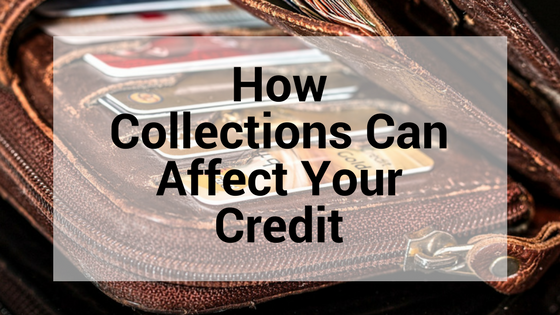
Debt collectors, according to both the Federal Trade Commission and Consumer Financial Protection Bureau, are one of the most complained-about businesses. When you hear about “debt collectors,” the first image to come to mind is an aggressive loan shark. Even a “nice” debt collector can be a pain – yet they aren’t going anywhere anytime soon.
A debt collection is a type of financial account that’s been sent to a third-party debt collector. Hiring a debt collector is usually more cost-effective for a company than to keep spending their resources pursuing payment. Most credit card accounts get sent to a collection agency after six months of non-payment, while other businesses send them out even sooner – it varies business by business.
Debt collectors will call you and your friends, send letters, and even show up at your home to collect money – all of which is perfectly legal. If a debt collector doesn’t have your phone number or correct address, however, you may never receive notice of the debt until you see it listed on your credit report.
How does this all affect your credit?
Whenever an account is sent to a collection agency, the original creditor or the collector updates the account on your credit report. A debt collection is one of the worst types of credit report accounts. It reveals that you have become seriously delinquent on an account. This will cause your credit score to plummet, causing you to be denied for credit cards and loans in the future, particularly if it’s recent or remains unpaid.
These accounts can stay on your credit report for as long as seven years, meaning that their negative effects can haunt you for a long time. One of the best ways to lessen the harm of a collection account is to pay off the debt so that it will affect your collection less over time. Another way is to continue to pay all of your additional bills on time.

